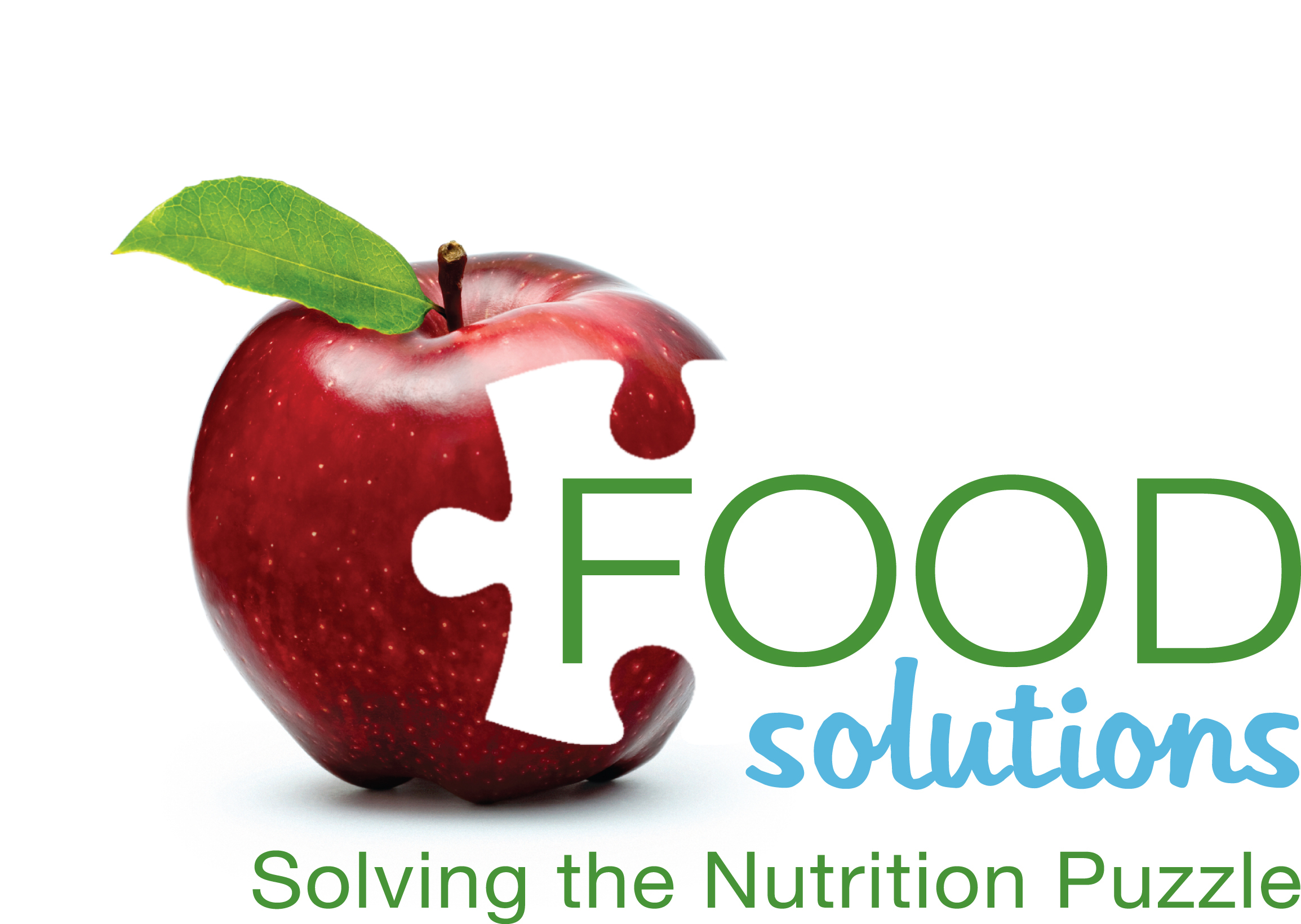Weight loss
Weight loss is one of the main reasons people consult a dietitian. Friends and colleagues are often happy to freely give tips and advice about what to eat to achieve weight loss, making it very confusing as the advice can be contradictory.
Tips for healthy weight loss
- Eating is a big part of our lives, so if you’re planning a big change in diet, it’s a good opportunity to take other lifestyle changes on board as well. Improving your fitness levels and getting more sleep will give you more energy, and menu planning can help you save money at the supermarket. If you feel more energised you will be less likely to crave sweet or fatty foods and more able to stick with an exercise routine.
- Try not to set a big goal that will be difficult to achieve. It can take a long time to achieve a big goal and many people get frustrated or despondent and give up, despite the progress they have made. Having a big weight-loss goal in mind can set you up to fail.
- If you really need a number on the scales to inspire you to keep going, aim for smaller, achievable goals. The best weight loss is achieved slowly, and 250 grams to 500 grams a week is both healthy and sustainable – and it’s a good rate of progress. People who lose weight quickly also tend to regain it quickly. Lifestyle changes that you can adapt to long-term will pay off in the end.
- Try mindful eating – slow down and savour your food. Eating slowly and chewing food properly helps digestion and helps the body to absorb nutrients. Mindful eating means paying attention to when you’re eating and what you’re eating – the aroma, the taste, the texture and its appearance on the plate. People who eat mindfully are less likely to over eat because they are giving their stomach time to tell their brain that it’s had enough. Mindful eating also helps you to keep track of your food intake throughout the day – you’ll be less likely to indulge in unhelpful snacks.
- Variety is the spice of life, and this applies to food as well. It’s important to eat a wide range of foods, not only because this will expose you to a good range of nutrients, but also because it stops you getting bored. If you start resenting your diet, you will eventually go back to your old habits.
- Say goodbye to food guilt. If you’ve been on and off diets for a long time, it’s easy to develop feelings of guilt around food. Allowing yourself to eat a wide variety of foods, including some treats once in a while, can be an important goal too. If you can change your thinking and start to enjoy your food, you’re far more likely to stick with the programme.
- Be food organised. It’s easy to develop lazy habits around food and eating, but being organised so that you know what you’re going to eat and when you’re going to have it can help you stay on track. By eating regularly your calorie intake will be more sustaining – you’ll have more energy and will be more able to lose weight. Someone who skips breakfast or lunch will find it more difficult to top up on snacks to keep going. Being organised can also help you feel more in control and less likely to binge or feel an urgent need to feed.
- Get professional help. Sometimes we need a nudge or a little support. There’s so much contradictory information about food, nutrition, diets and eating. A dietitian can help you navigate this minefield of information and misinformation and steer you in the right direction. You’ll get support and encouragement and be able to reliably track your progress towards your weight-loss goal.
